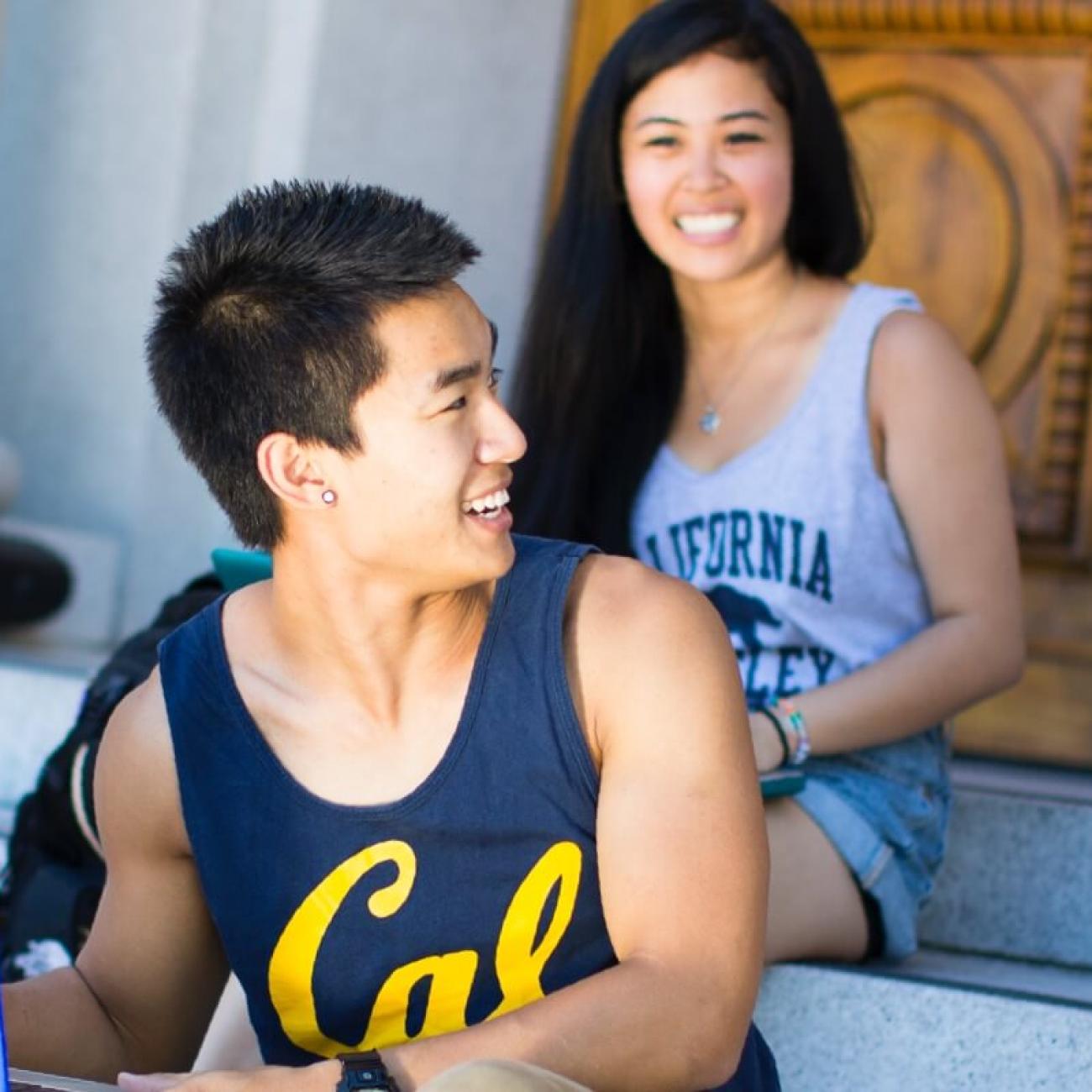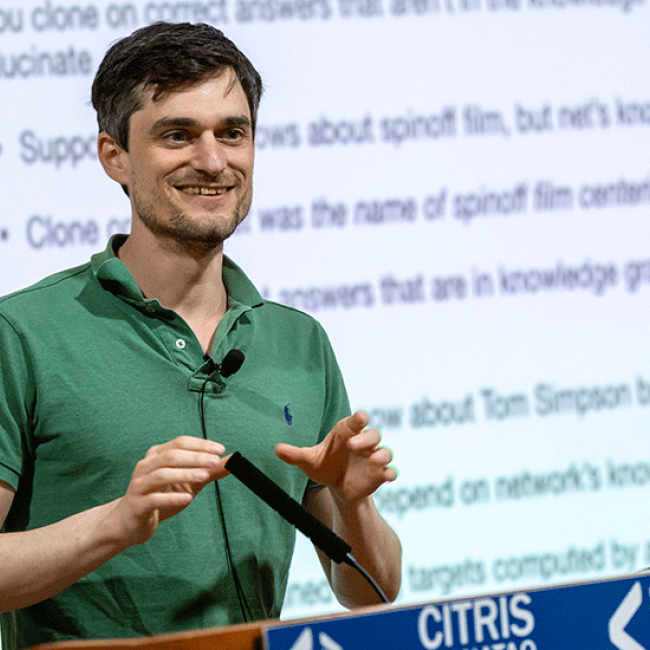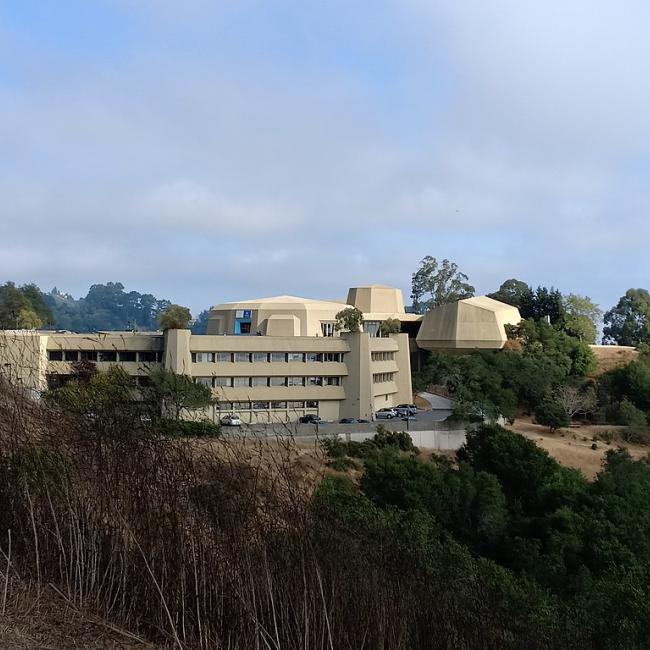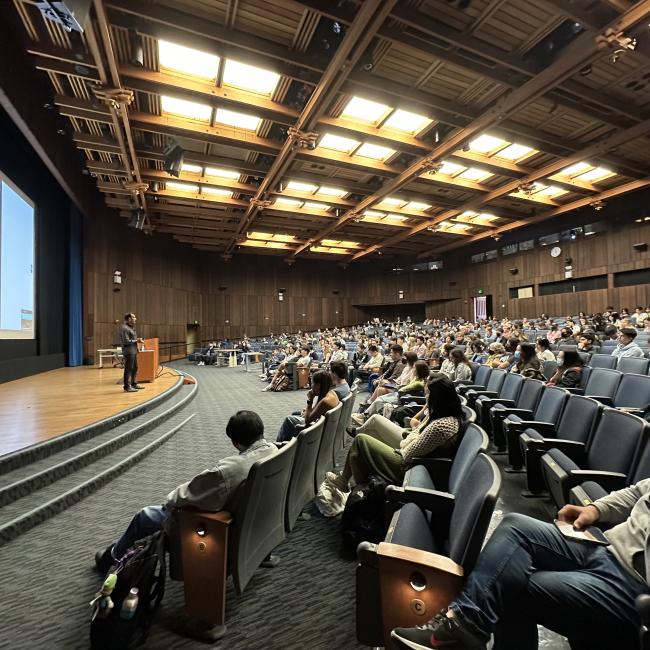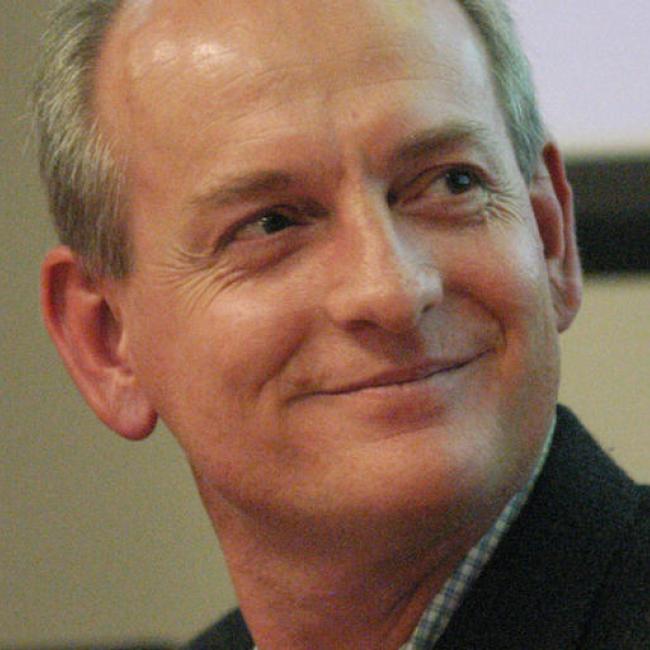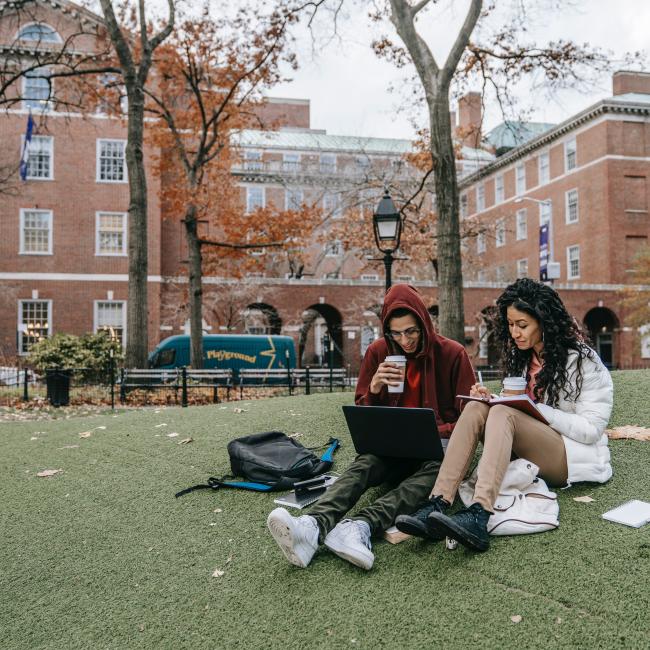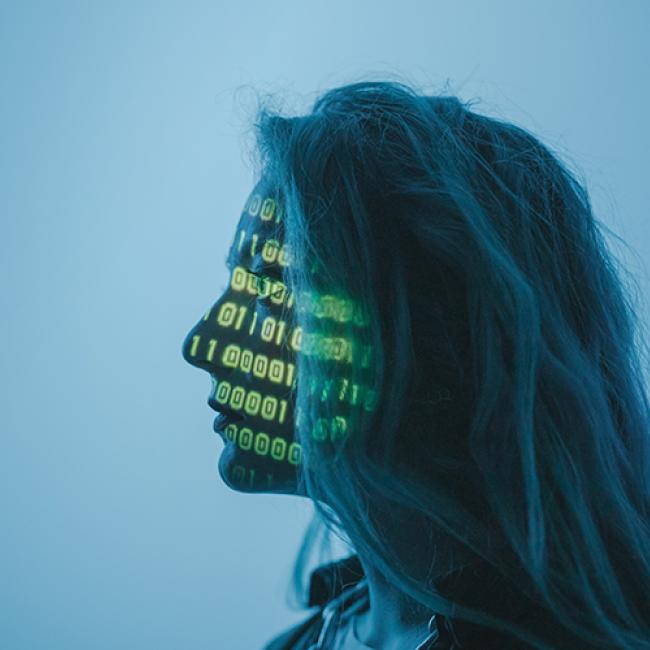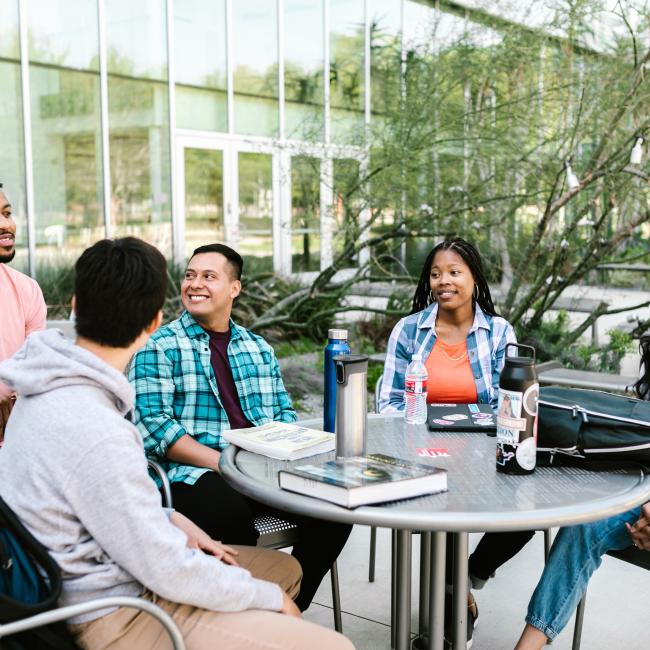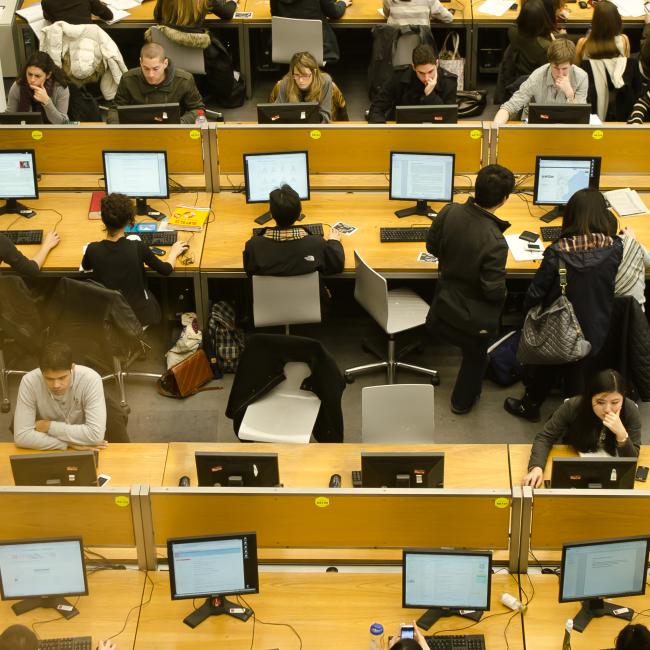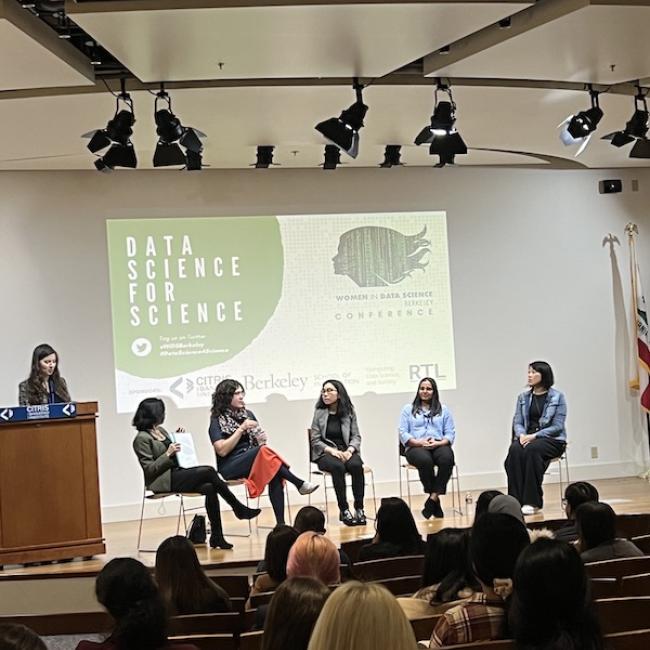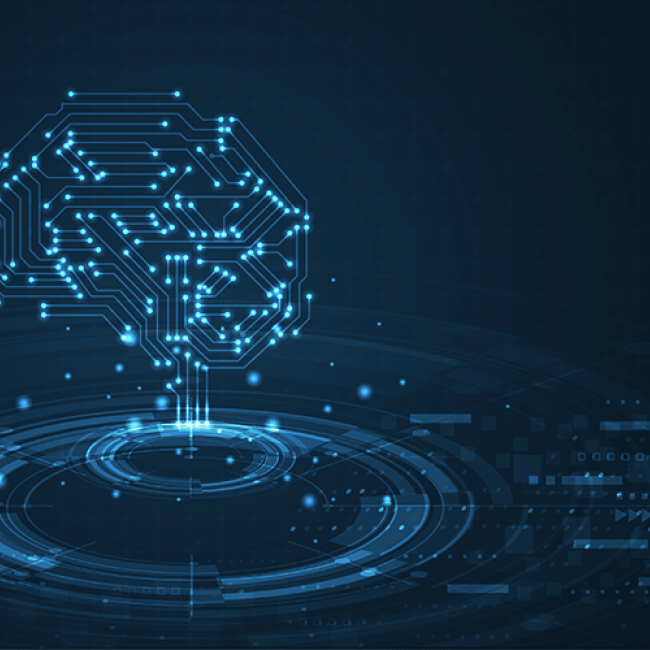ChatGPT architect, Berkeley alum John Schulman on his journey with AI
Berkeley News: John Schulman cofounded the ambitious software company OpenAI in December 2015, shortly before finishing his Ph.D. in electrical engineering and computer sciences at UC Berkeley. At OpenAI, he led the reinforcement learning team that developed ChatGPT — a chatbot based on the company’s generative pre-trained (GPT) language models — which has become a global sensation, thanks to its ability to generate remarkably human-like responses. During a recent campus visit, Berkeley News spoke with Schulman about why he chose Berkeley for graduate school, the allure of towel-folding robots, and what he sees for the future of artificial general intelligence.
Kimiko Ryokai and team awarded $1.29M to center Indigenous youth in museum spaces
School of Information: Nestled atop the sprawling Berkeley hills and on the ancestral land of the Chochenyo Ohlone stands the Lawrence Hall of Science, a place of scientific discovery and exploration. With opportunities to get up close and personal with animals, build and test inventions, and watch engaging 3D films, the Lawrence offers youth a chance to explore their STEM-related interests. However, one of the many groups that have historically been underrepresented in museum spaces, including the Lawrence Hall of Science, are Indigenous groups. In fact, Indigenous sciences, which is characterized by an engagement with one’s location, embodied cognition, and intergenerational knowledge, is often considered at odds with Western science. A group of researchers, including the I School’s own Professor Kimiko Ryokai, recently received a grant of $1.29M from the National Science Foundation (NSF) to tackle this challenge.
DJ Patil calls data scientists ‘a new kind of first responder’
On March 14, 2020, the United States was on the brink of a pandemic. Covid-19 had killed at least 60 people and two cruise ships with ill passengers were set to dock in San Francisco. That’s when DJ Patil received a call: How can data help California combat this? So the former White House chief data scientist put together a plan. His team acquired hospital and community data, developed surveys, models, dashboards and data catalogs, and used those tools and insights to inform public officials across the state and the country. “All of this came together in this effort to really take on Covid,” said Patil, who is now a general partner at GreatPoint Ventures, at an April 10 UC Berkeley lecture on the foundations of data science. “Data science made a massive impact in – not just the nation – but the world.”
Stuart Russell calls for new approach for AI, a ‘civilization-ending’ technology
Technology companies are racing to release increasingly powerful artificial intelligence (AI) tools. Some researchers claim this technology exhibits artificial general intelligence (AGI), a significant milestone where AI could independently learn and complete tasks like human beings. This technology has the power to change the world, said Stuart Russell, a UC Berkeley computer science professor and leading AI expert. It could improve quality of life for people across the planet or destroy civilization, he said. At an April 5 CITRIS Research Exchange and Berkeley AI Research Lab event, he urged both companies to pivot how they’re building AI and countries to regulate AI to ensure it furthers human interests.
Tool helps experts, students assess ethics of data science work in society
Data science has unlocked new potential to help understand and address challenges like human health and climate change. But it can be challenging to know how to work ethically with data, especially when it has major impacts on society. Enter the Data Science Ethos tool by the Academic Data Science Alliance (ADSA). The alliance’s package of research-backed guidance and case studies show how to embed ethics into the lifecycle of data-driven projects. Students and experts can follow this framework to assess the effects of their choices at each stage of their work, from framing their research questions to interpreting and sharing their work.
From tort law to cheating, what is ChatGPT’s future in higher education?
Berkeley News: It passed the bar exam, first with a mediocre score and then with a ranking among the top tier of newly minted lawyers. It scored better than 90% of SAT takers. It nearly aced the verbal section of the GRE — though it has room for improvement with AP Composition. In the months since the machine-learning interface ChatGPT debuted, hundreds of headlines and hot-takes have whirled about how artificial intelligence will overhaul everything from health care and business to legal affairs and shopping. But when it comes to higher education, reviews have been more mixed, a blend of upbeat and uneasy. Many have forecast the “death of the college essay,” though it’s still very much alive.
CDSS seeks undergraduate student nominations for new advisory committee
UC Berkeley’s Division of Computing, Data Science, and Society (CDSS) is seeking undergraduate students to join a new advisory committee, the division announced today. The CDSS Undergraduate Advisory Committee will offer recommendations to the division on its operations, as it works to become the first new college at Berkeley in more than 50 years. Undergraduate student nominations, including self-nominations, are invited by April 11. “As we look forward to becoming a college, we welcome the opportunity to hear from students whose perspectives and ideas on the issues and services they care about will help build a stronger CDSS and campus community,” said Jennifer Chayes, associate provost of CDSS.
As tech company layoffs continue, Berkeley advisors share advice with students
Thousands of UC Berkeley data science and computing students are preparing to graduate in May amidst a slew of technology company layoffs. Some are worried about finding a job. Berkeley advisors are urging expected graduates to take a beat and embrace a more nuanced job market view. They’re reminding students of what they have control over in their search and what they’ve already accomplished. And they’re telling students to give themselves grace. “This generation will have 12 plus jobs in their lifetime. I often emphasize to students that this is just the first one,” said Amanda Dillon, a Berkeley Data Science Undergraduate Studies advisor. “Students tend to really overwhelm themselves with expectations … [but] it’s just a stepping stone.”
Look for ‘who’s not at the table’ and other advice from female data scientists
When Joyce Shen began teaching data science at UC Berkeley nearly a decade ago, she noticed a problem she’d also seen in industry. There were barely any women. The nascent data science field that would forever change how we live was being primarily developed by men, creating products that would shape society for decades. Today, due to intensive Berkeley recruitment efforts, she has seen the numbers in her classes change. “We have much more representation of students from all walks of life, including more women,” said Shen, a School of Information continuing lecturer and an investor focused on data and AI companies, at the Women in Data Science, Berkeley conference on March 7. That’s had an impact, she said. “Our discussions are much richer when we talk about ethics, when we talk about data quality.”
AI lectures at Berkeley to explore possibilities, implications of ChatGPT
Since its launch last November, the artificial intelligence chatbot ChatGPT has been an international sensation, with people using the platform to do everything from writing essays, computer code, poems and research proposals to planning vacations, flirting with Tinder matches and creating malware. According to UC Berkeley computer scientist Ken Goldberg, the computer program’s facility with natural language — particularly its ability to consistently demonstrate creativity — is forcing many AI experts to rethink what machines may be capable of and even our understanding of intelligence. “ChatGPT may catalyze a paradigm shift,” said Goldberg.

